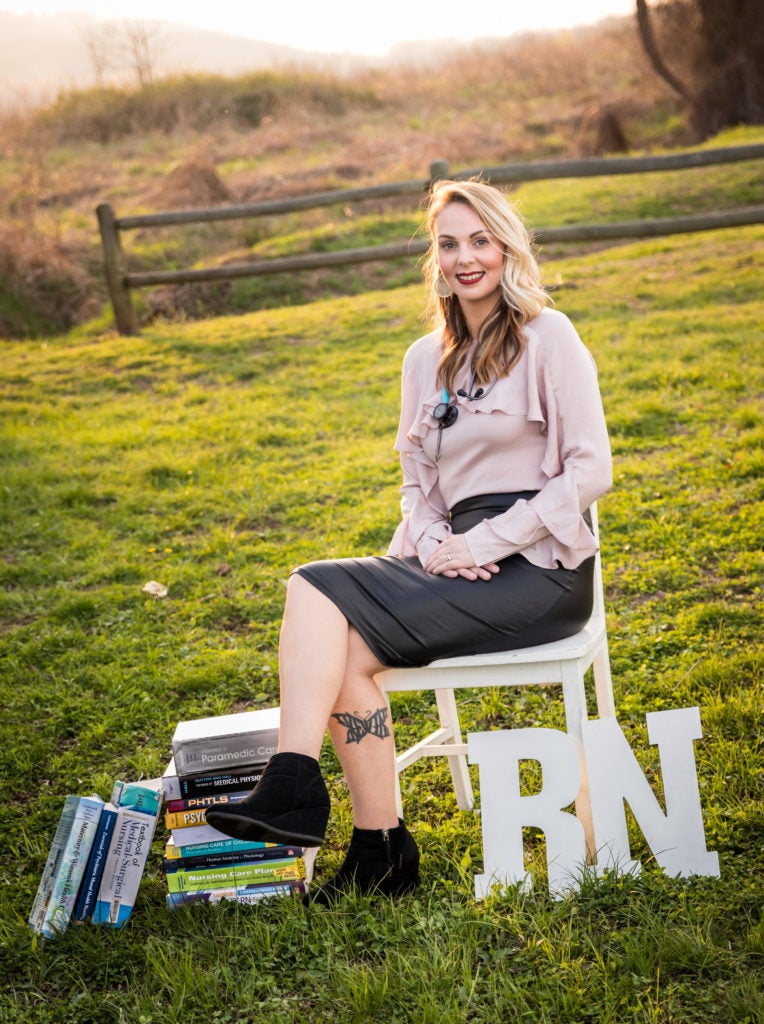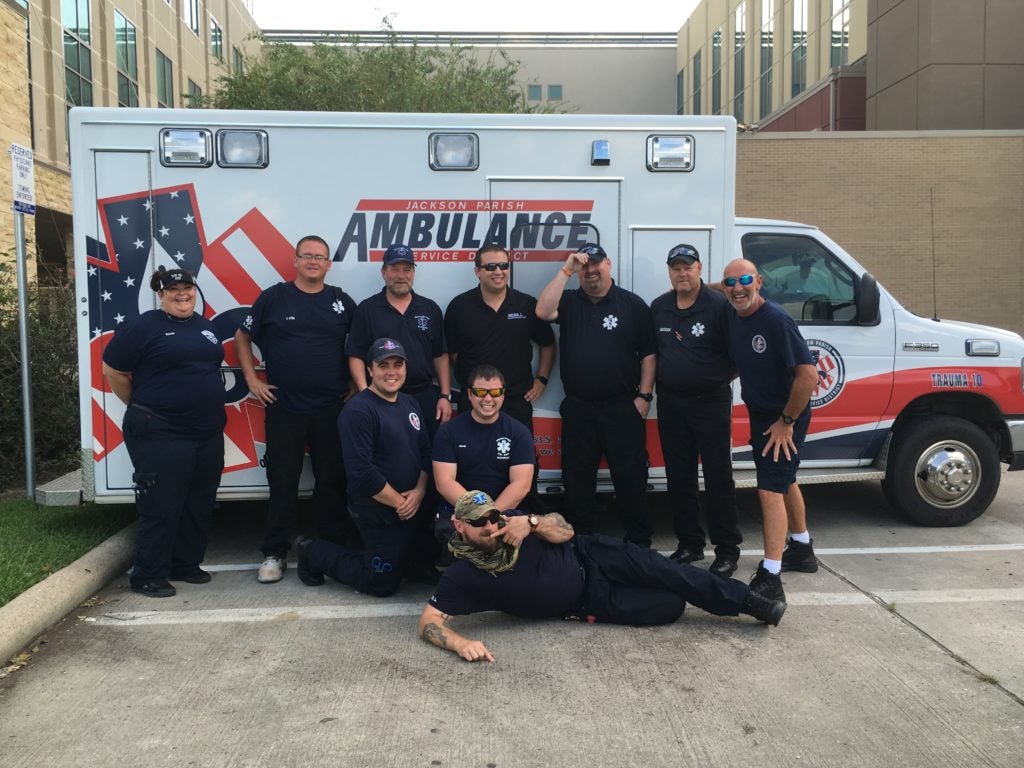When the New York tri-state area became the epicenter of the nation’s coronavirus outbreak, nurses from across the country answered the call.
“I’ve never felt so much that I’m exactly where I need to be right now,” says Clare Shanley, a nurse from Richmond, Virginia, who volunteered to work in New York. “I’m making a difference.”
“I have always been one to respond,” Arkansas nurse Kamron Steed says. “If there’s something going on, I’m usually there to help.”
>>> What’s the best way for America to reopen and return to business? The National Coronavirus Recovery Commission, a project of The Heritage Foundation, assembled America’s top thinkers to figure that out. So far, it has made more than 260 recommendations. Learn more here.
Shanley and Steed are two of the thousands of nurses who put their lives on hold to serve during the COVID-19 pandemic. They spoke with Independent Women’s Forum about their experience as part of the organization’s “Chasing Work” campaign, which highlights the need to reform outdated government regulations—such as occupational licenses and restrictions on independent contract work—that needlessly hamper Americans’ ability to work.

The shutdowns and devastating economic damage caused by COVID-19 have made these reforms more necessary than ever.
Under normal circumstances, nurses such as Shanley and Steed never would have been able to pack up and go work in another state overnight.
The nursing profession, like nearly 30% of all jobs in America, has stringent occupational licensing requirements. These requirements are a form of government regulation that requires a person to obtain a license in order to pursue a particular profession or vocation for compensation.
Many of the occupations subject to these permission slips fall under the service industry—florists, cosmetology, interior designers, and taxi drivers, for example. Others include medical professionals, therapists, and nutritionists.
In the case of nursing, the requirements for working aren’t as simple as passing standardized tests and obtaining a degree from an accredited nursing school. States each have their own regulations for the education, training, testing, and fees needed to work in certain fields.
“The process of getting a license for other states is not easy,” says Kimberly Littleton, a nurse who volunteered from Alabaster, Alabama. “It is time-consuming and aggravating.”
“Had they put us through the same licensing that it took to get a license in this state, New York would still be extremely understaffed because they wouldn’t have been able to deploy 1,000 nurses out in a week and a half,” says Jamie Edens of Tulsa, Oklahoma, who volunteered with her husband, who also is a nurse. “There’s no way.”
When the pandemic hit and hospitals became desperate for help, New York, New Jersey, and other states temporarily suspended some licensing requirements for nurses and other medical professionals. This action allowed scores of medical professionals to volunteer their skills and experience in a time of need.
“I honestly believe it should be permanent,” Littleton says of the changes. “As a nurse, I should be able to go work anywhere without any question.”
Seth Touchet, 33, a nurse and former paramedic who volunteered from Northeast Louisiana, calls it “ridiculous” that his help is good enough only during an emergency.
“I think that’s ridiculous that if my help is good enough today, down the road it wouldn’t be,” he said.

All of the nurses who spoke with Independent Women’s Forum say they support licensing reforms for their industry to some degree.
Already, 34 states have moved in that direction, joining the Nurse Licensure Compact. The compact allows a nurse to have one multistate license with the ability to practice in the home state and other compact states.
Notably, New York, Connecticut, California, Oregon, and Washington—all states hit hard by the coronavirus pandemic—are not yet members.
Once the pandemic ends—or is under control—licensing restrictions likely will go back into place. For the nursing profession and hundreds of other jobs, these restrictions will continue to block Americans from work.
Scholars, politicians, and commentators often refer to these requirements as “legalized cartels.” They’re infamous “for their proclivity to reduce supply and raise prices without producing any corresponding increase in quality,” Heritage Foundation research fellow Kevin Dayaratna noted in the Harvard Journal of Law and Public Policy.
It’s possible that states will learn from the crisis and recognize how unnecessarily burdensome the normal licensing process is, at least for registered nurses. With a national standard already in place, individual states don’t need to impose other requirements on nurses looking to practice within their borders.
For Chandler Fulks, a 24-year-old nurse from West Virginia, making these reforms permanent would change her life.
“It would be a blessing, actually,” Fulks says. “I’ve been wanting to travel-nurse for a while. It would be really nice to not have to worry about licenses being approved and going through the entire process each time.”
For the rest of the country, the change could have an enormous effect.
The health care industry long has faced a shortage of trained medical professionals, particularly in rural areas and especially those who can treat the nation’s aging population. In the next decade, the shortage is projected to get much worse.
Streamlining the process for medical professionals to work and removing the unnecessary hurdles they face could save countless lives for years to come, far beyond this pandemic.
The post During COVID-19, Cutting Red Tape Helps Front-Line Nurses Save Lives appeared first on The Daily Signal.
from The Daily Signal https://ift.tt/2UqcMe3
via IFTTT
Комментариев нет:
Отправить комментарий